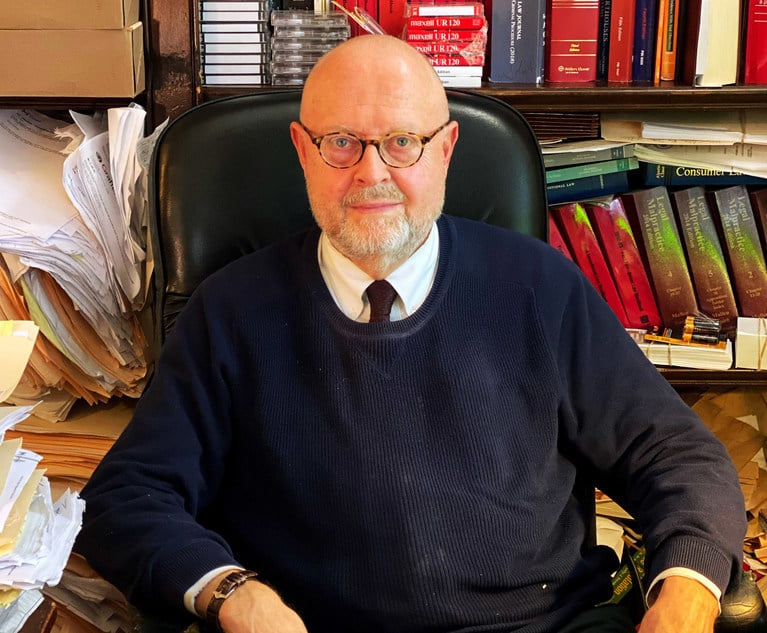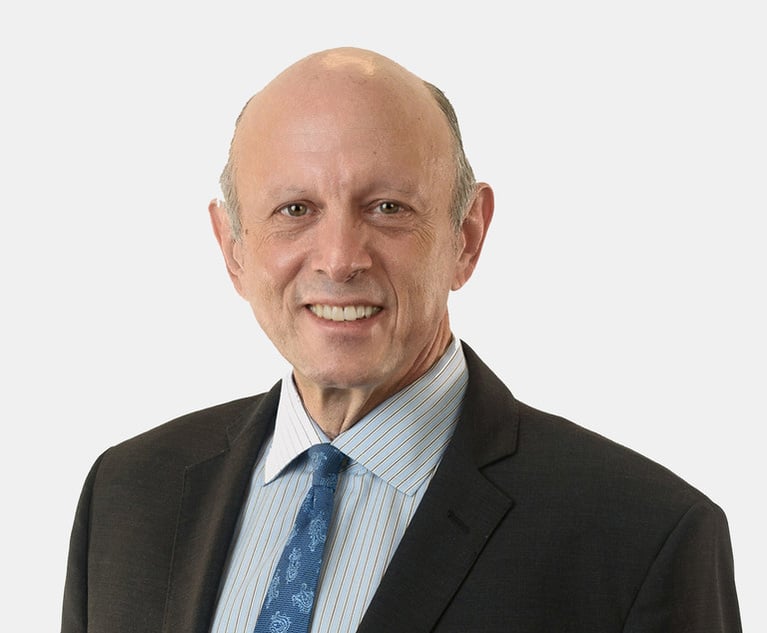I am a young attorney and wish to also become very much politically involved. Are there any pitfalls from doing that as an attorney?
Traditionally, political involvement has been really the secondary occupation of many, many attorneys over the last 300 years in the legal profession in the United States. There are wonderful stories of lawyers who were involved politically and made substantial changes.
This content has been archived. It is available through our partners, LexisNexis® and Bloomberg Law.
To view this content, please continue to their sites.
Not a Lexis Subscriber?
Subscribe Now
Not a Bloomberg Law Subscriber?
Subscribe Now
LexisNexis® and Bloomberg Law are third party online distributors of the broad collection of current and archived versions of ALM's legal news publications. LexisNexis® and Bloomberg Law customers are able to access and use ALM's content, including content from the National Law Journal, The American Lawyer, Legaltech News, The New York Law Journal, and Corporate Counsel, as well as other sources of legal information.
For questions call 1-877-256-2472 or contact us at [email protected]


 Chester County lawyer Samuel C. Stretton. Courtesy photo
Chester County lawyer Samuel C. Stretton. Courtesy photo




